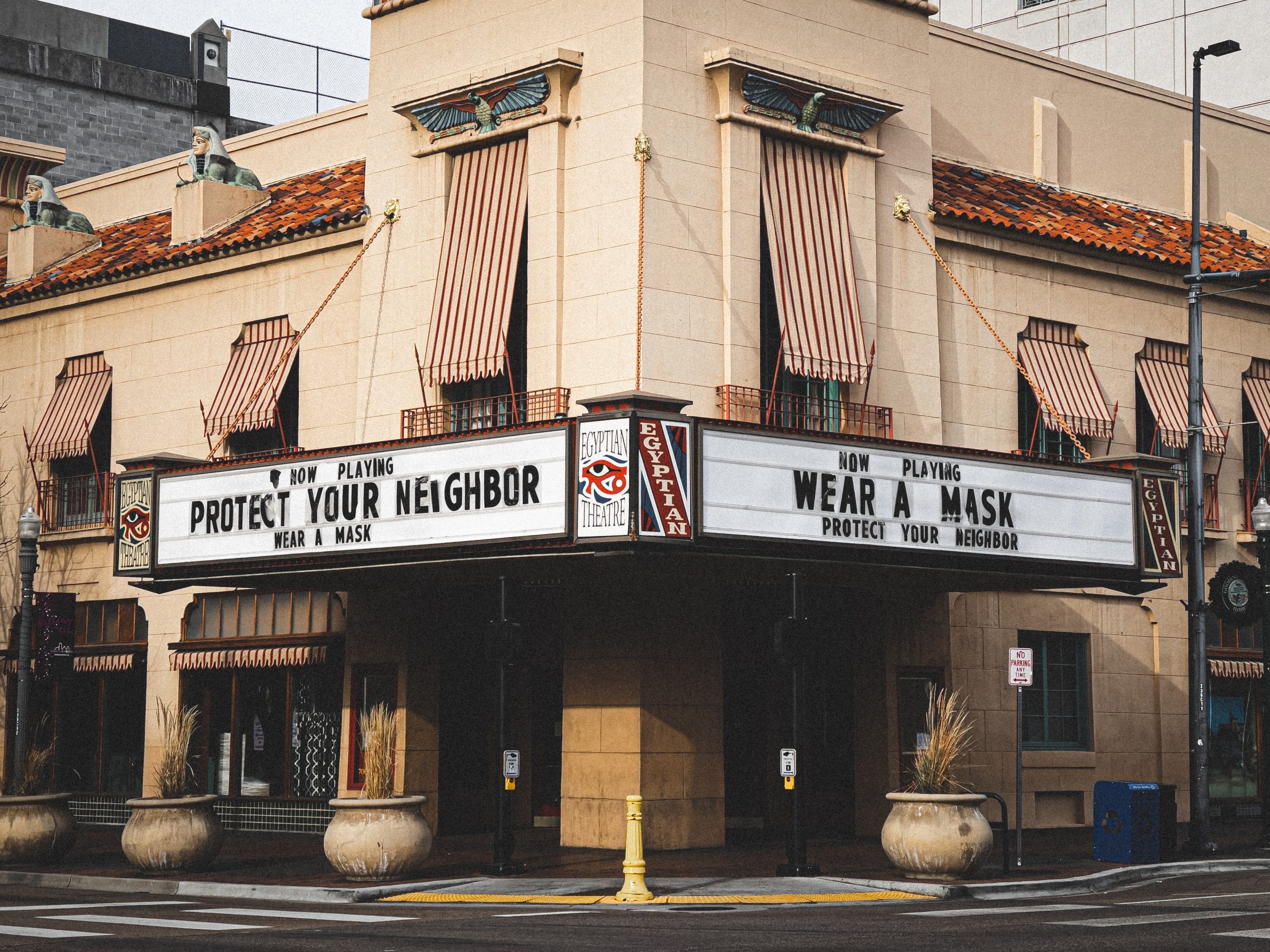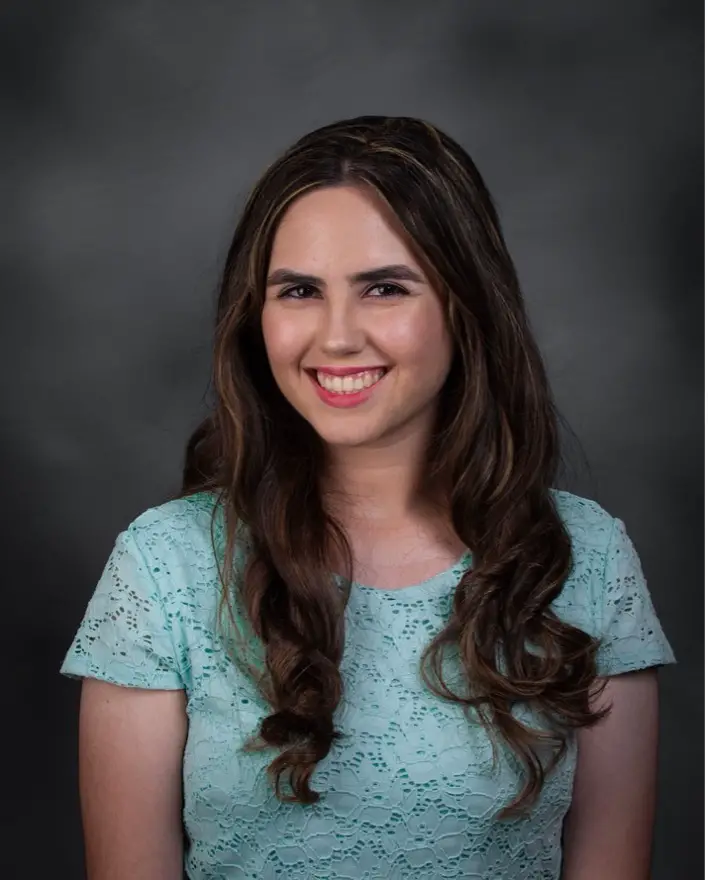When we flip to our go-to news channel, what kind of information do we expect to hear? Perhaps we expect social unrest or pressing political issues. Reporters might even catch us off guard with some shocking breaking news. Since it first began to dominate news stations in December 2019, the COVID-19 pandemic has unfortunately left a massive scar on the world. According to the worldometer, the death toll surpassed 3.9 million as of June 22.
COVID-19 is a harsh reality, and while staying locked inside to maintain social distancing guidelines, many have looked to digital entertainment, such as television, to cope with the pandemic. So, when we flip from the news to the channel that televises our favorite show, do we expect to hear more about COVID-19?
Back in March 2020, the pandemic had forced film and TV production into a standstill, leaving production crews scrambling to wrap up their shows’ seasons amid lockdown. For instance, NBC’s “The Blacklist,” a fictional crime show that follows one of the world’s most wanted fugitives and his relationship with the FBI, ended Season 7 with a creative finale. The last episode combined live-action scenes that the crew filmed prior to the shutdown with unique animated sequences produced by the visualization company Proof.
In addition to creatively finding a way to end their shows, productions had to decide how the shows would proceed in subsequent seasons. Nearing the fall of 2020, some casts and crews returned to their studios to resume filming while maintaining safety protocols. A popular choice for many productions was to integrate the COVID-19 pandemic into their shows’ plotlines.
ABC’s medical drama series “Grey’s Anatomy” integrated COVID-19 into its 17th season. The show’s main character and namesake, Meredith Grey (Ellen Pompeo), becomes critically ill with the virus, leading to her hospitalization. “There’s no way to be a long-running medical show and not do the medical story of our lifetimes,” said executive producer Krista Vernoff, according to Entertainment Weekly. “I feel like our show has an opportunity and a responsibility to tell some of those stories.”
While it makes more sense for a medical drama to implement the pandemic into its story than it would perhaps be for any other genre, many feel that television shows should stay safe from COVID-19 and avoid mention of the pandemic at all costs for the sake of its viewers.
Television shows, among a plethora of options, provide us an escape from reality — especially when our reality feels unbearable. We choose to escape into a realm of fantasy and imagination for a variety of reasons, such as personal pleasure and emotional healing. A global pandemic may have been a fanciful supplement to dystopian fiction in 2018, but in 2020, it became our harsh reality. We’re currently living through the ramifications of COVID-19 — death, isolation, sickness, face coverings — and will reap its effects for years.
Understandably, when viewers need an appropriate break from the anxiety of the pandemic and turn to their favorite TV show to try and begin emotionally healing from the experience, the last thing that they will want to hear about is another story centered around the virus and its grievous impact.
Another reason we escape reality is to come close to realities that we may never have the chance to experience in real life. As we live the impossible through our favorite shows, films and novels, we crave to see lives foreign to us. Conversely, shows can portray environments that we are grateful to not be a part of (e.g. “The Society”).
When a TV show highlights COVID-19, viewers are no longer experiencing the impossible. Surely, they can relate to the situation on screen, but watching something that they are extremely familiar with might not be as intriguing, and can lessen the audience’s interest in the story.
Additionally, the subject matter can prove to be scary for some audiences. When they turn to their favorite TV series, they expect fictional characters with fictional settings that are, most of the time, different from their own. While many aspects of a show can rely on realism and imitate real-life events, a series that hits too close to home might frighten an audience away or spread misinformation.
It’s no surprise that Hollywood tends to exaggerate the truth, or otherwise twist it, to accommodate the visual and emotional impact of whatever story it is telling. If production crews implement the virus into their shows, how they choose to handle the virus may not satisfy their avid watchers.
For example, it’s easy for shows to glamorize the pandemic life. Rather than use masks as a tool to prevent the spread of the virus, characters might use the mask because it’s the latest fashion statement or because it’s the perfect accessory to complete their outfit. The stay-at-home reality may seem more appealing on screen than it was for any of us, stuck at home and finding it difficult to motivate ourselves to do anything.
It can also be hard for screenwriters and directors to tell all sides of the pandemic. We have all endured a range of consequences and for those who find their favorite shows relatable, Hollywood’s perception and depiction of COVID-19 may not be as empathetic as they had expected. How will television broadcast the lives of all the students who missed out on their senior year? How will it sympathize with those who lost a loved one, or those who suffered from anxiety and depression while staying locked away inside their homes?
Whether or not the COVID-19 era is truly coming to an end, film crews will have to decide how shows’ plots will move back to normalcy from the socially distanced days, which might cause some problems.
Here’s what could happen if the virus hasn’t ended: Because crews decided to integrate the pandemic into their plots in the first place, viewers who have continued to watch their shows will become attached to the pandemic lifestyle. And as their favorite characters transition into a post-pandemic world, many audiences may begin to question why shows have begun to move past the reality of COVID-19 when they are still stuck at home.
On the other hand, if the virus has ended: Once restrictions are lifted and everyone returns to the pre-pandemic lifestyle, the best shows on television will most likely do the same. However, the effects of the pandemic will never go away. The shows that implemented COVID-19 into their storylines will have to continue to address the pandemic for some time, as this is a historic event that cannot be lightly brushed off. This obligation could affect future episodes and the direction in which they take their narrative.
What’s even worse about ending the pandemic in TV shows is choosing between a “happily ever after” or a tragic ending. A “happily ever after” for the pandemic may give viewers a false sense of hope or come off as dismissive, as the world will likely be suffering from the drastic effects of COVID-19 for years into the future. On the other hand, a tragic ending could elicit dismay in the viewers, leading to hopelessness and the inability to cope with the current situation.
The best possible scenario for production crews is to separate the real from the non-real and keep the pandemic separate from their shows. Of course, crews are to be commended for their diligent efforts in making viewers happy while also maintaining COVID-19 restrictions and guidelines. But if the ultimate goal is to please viewers, it’s best to put the show on hold and return with a COVID-free setting.
We are constantly inundated with news about this deadly disease. Therefore, when we turn off the news and turn on our entertainment, let us hear less about the pandemic and more about the fictional lives surrounding our favorite characters. A traumatized and anxious society deserves both a break from our harsh reality and narratives free from the pangs of COVID-19.

















